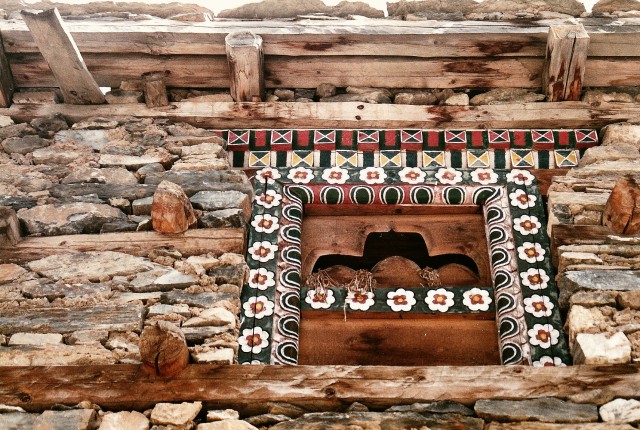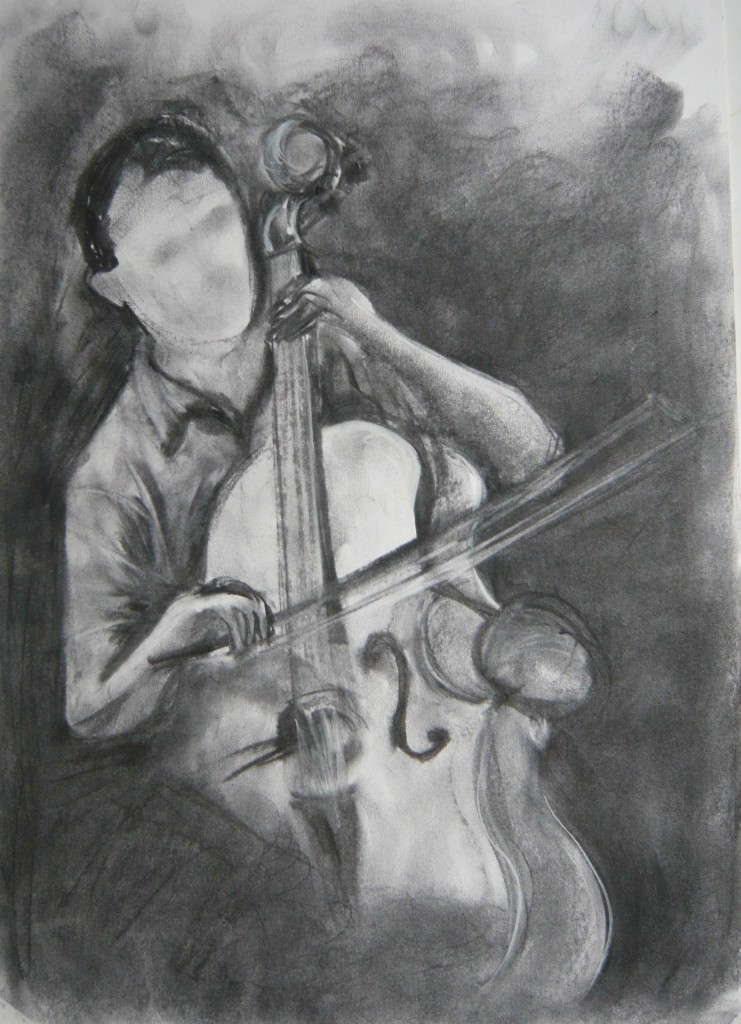I wrote this four or five years ago, but having name-checked nursery rhymes, folk songs, folklore and the like over the past few weeks, now seemed like a good time to post it.
The BBW
or He’s big, he’s bad, he’s very, very, bad
That Big Bad Wolf – it now appears
We’ve had it wrong for all these years.
You know the way the story goes
He dresses up in grandma’s clothes
After he’s had her for his lunch
(they make much play of how he’d crunch
Her up and then he’d gulp her down,
Then put on sleeping cap and gown,
Get into bed, pretend to sleep,
I’m sure he never counted sheep!)
Then in comes young Red Riding Hood,
Who travels blithely through the wood,
So innocent – without a care,
Apparently, she’s not aware
It’s full of perils – hungry wolves
Who dress up in old women’s clothes
To name but one – there’s more, no doubt.
But any one would catch her out.
She’s pretty thick, it must be said,
She sees a big bad wolf in bed
Instead of being cross and furious
She stands there looking vaguely curious
Says ‘What big eyes you’ve got today.’
Is that all she can think to say?
Big eyes? Big eyes? Well, what about
The pointed ears, the great long snout,
Did she not have the slightest thought
This might not be the one who ought
To welcome her to Primrose cottage,
That frail old woman in her dotage?
And what about – ah yes, the teeth.
You knew we’d get around to teeth
Before too long – I think you’d say
About the pearlies on display
It would not take much of a guess
To know that they weren’t NHS.
And so back to that gormless youth
Who stands there staring at the wolf
With no great wonder or surprise
Except to say he had BIG EYES!
And now I wonder more and more
If she had seen her gran before.
Now, if it was left up to me
I’d let the wolf have her for tea.
Just eat her up and finish there.
Although that just might be unfair
Perhaps the girl had poor eyesight,
That’s why she never quite took flight.
I hear it now, a low voice quavers,
‘She should have gone to Specsavers!’
But let’s just leave all that for now,
I hinted some way back just how
This story has become perverted,
The happenings have been inverted.
The emphasis on Riding Hood
When actually I think it should
Be focused more upon the roles
The wolf was playing with the clothes.
We’ve never paid it much attention,
Because it only gets a mention
As a ploy to fool the brat.
I think there’s more to it than that.
The clues were there, before our eyes
It isn’t much of a surprise.
The women’s clothes, the wolf, the bed,
The things that story left unsaid.
The true events I’ll tell you now,
A charming little tale of how
A handsome wolf had searched worldwide
For love (or something on the side).
A simple tale in many ways
It tells how he had passed his days.
He’d been with several little pigs,
And tried some other casual gigs,
But nothing seemed to satisfy
He needed something else to try.
He heard how in the Big Wild Wood
The father of Red Riding Hood
A widowed man, still lithe and strong,
Was also searching for someone.
(The woodland folk had seen his chopper
And word was it was quite a whopper!)
His mind made up, he hatched a plan
To win this handsome, big strong man.
You know the rest, or at least some,
A perfumed letter asking him to come.
A rendezvous deep in the woods,
Where he could view some tempting goods
He might find pleasing. The next day
The wolf, now nervous, in bed lay.
He wondered should he have done more,
But then a knock upon the door.
He held his breath, the door swung wide,
The woodman slowly came inside.
Cue clapping hands and smiles and laughter –
They both lived happily ever after!




























